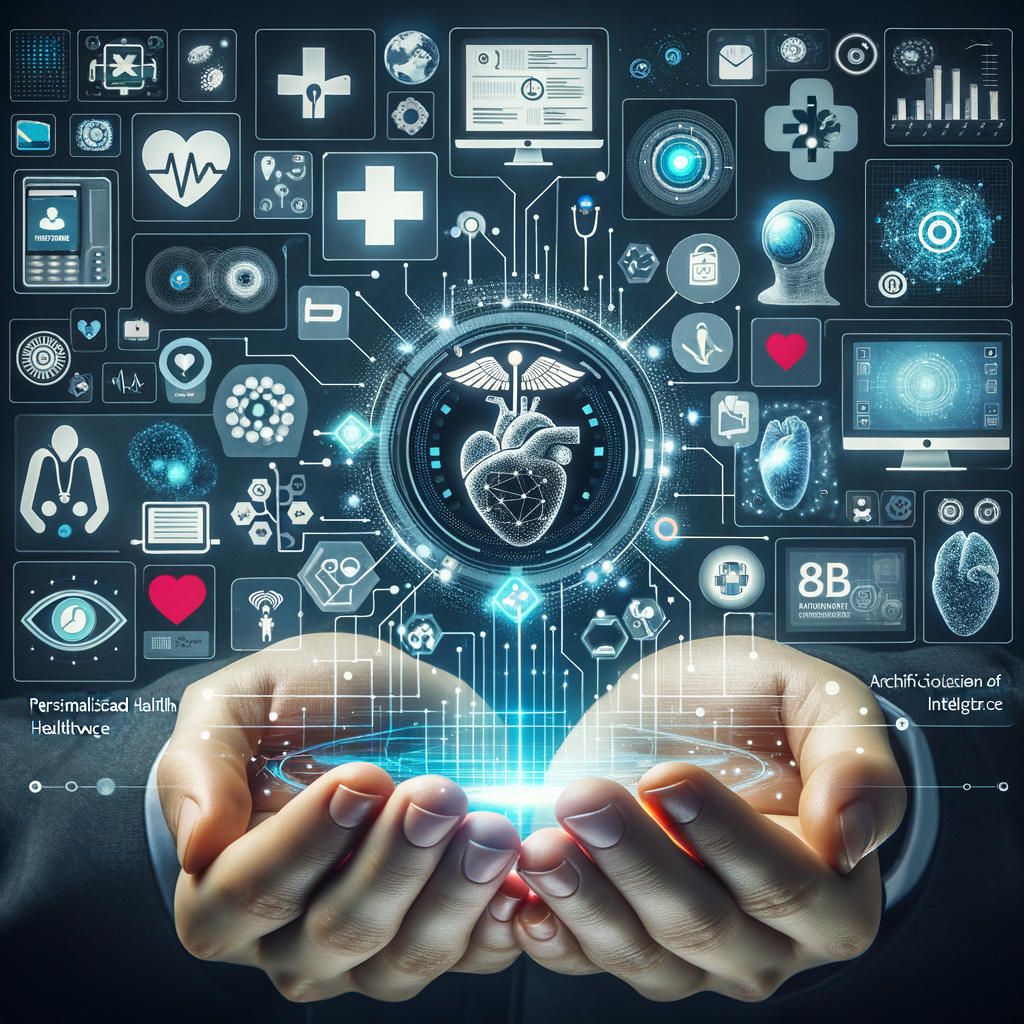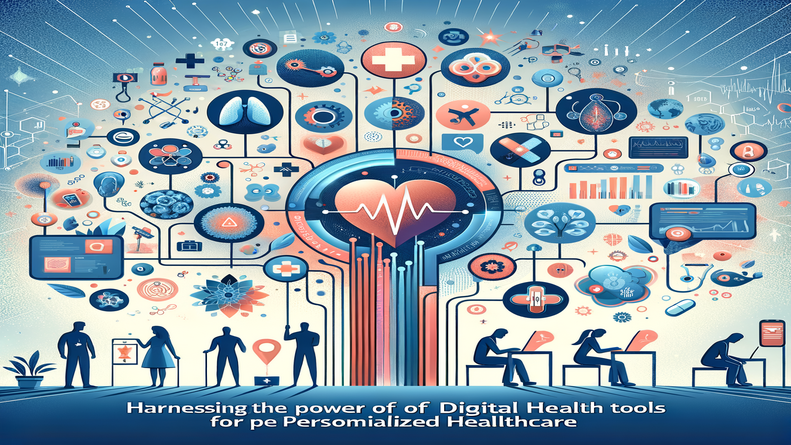
The landscape of healthcare is evolving at a swift pace, with digital health tools empowering individuals to take control of their health and well-being. Wearable fitness trackers, telemedicine services, and personalized care plans are just some examples of how technology has transformed the industry. In this blog post, we delve into the world of digital health tools and explore their potential to revolutionize healthcare experiences for both patients and healthcare professionals.
Understanding Digital Health Tools 
The first step to harnessing the power of digital health tools is understanding what they are and how they can benefit both patients and healthcare providers. Digital health tools encompass a wide range of technologies, from wearable devices and mobile apps to telemedicine platforms and artificial intelligence-driven diagnostic systems. These innovations aim to improve the overall healthcare experience by increasing access to high-quality care, reducing costs, and promoting preventive care measures. Some common examples of digital health tools include fitness trackers, smartwatches, mobile health apps, patient portals, and remote monitoring systems. Each of these tools is designed to capture and analyze various health-related data, offering personalized insights and recommendations for improved health outcomes.
The Role of Wearables and Mobile Health Apps
Wearables and mobile health apps are quickly becoming indispensable tools for individuals looking to take control of their health. Fitness trackers and smartwatches, for instance, can monitor vital data such as heart rate, sleep patterns, and physical activity levels, helping users establish healthier habits. Meanwhile, mobile health apps can provide personalized diet plans, exercise routines, and health-related resources, assisting with weight management, stress reduction, and other aspects of self-care. Telemedicine services are another powerful component of digital health, allowing patients to receive remote consultations with healthcare professionals. This reduces the need for physical visits to clinics, manages chronic conditions more efficiently, and expands access to medical care for individuals in remote or underprivileged regions. Telemedicine and Its Impact on Healthcare Access and Delivery
Telemedicine bridges the gap between patients and healthcare professionals using digital communication technologies. This can include videoconferencing, messaging platforms, or even AI-powered chatbots that can answer health-related questions and triage patients. Telemedicine services play a vital role in bringing medical care to those in need, regardless of their location or physical abilities. By offering remote consultations and telehealth services, healthcare providers can reach a wider audience and ensure that individuals receive the care they need, when they need it. This can help improve public health outcomes, reduce healthcare costs, and ultimately create a more streamlined and efficient healthcare system.
Artificial Intelligence in Healthcare Artificial intelligence (AI) is reshaping the healthcare industry by automating processes, improving diagnostics, and personalizing treatments. AI-driven tools can analyze vast amounts of data to draw meaningful conclusions, offering actionable insights to both patients and healthcare providers. For instance, AI-powered diagnostic systems can analyze medical images to detect early signs of various health issues, thereby improving the accuracy of diagnoses and helping patients receive appropriate treatment in a timely manner. Additionally, AI-driven tools can create customized care plans based on genetic, lifestyle, and medical data, tailoring recommendations for preventive and therapeutic interventions.
As the world of healthcare continues to evolve, digital health tools are becoming increasingly vital for promoting personalized, efficient, and accessible care. By leveraging the power of technology and AI, we can transform our healthcare experiences and work proactively towards healthier, happier lives. The future of healthcare is digital, and embracing these tools will unlock remarkable opportunities for both individuals and healthcare professionals alike. Embracing the Digital Health Revolution As the world of healthcare continues to evolve, digital health tools are becoming increasingly vital for promoting personalized, efficient, and accessible care. By leveraging the power of technology and AI, we can transform our healthcare experiences and work proactively towards healthier, happier lives. The future of healthcare is digital, and embracing these tools will unlock remarkable opportunities for both individuals and healthcare professionals alike.
